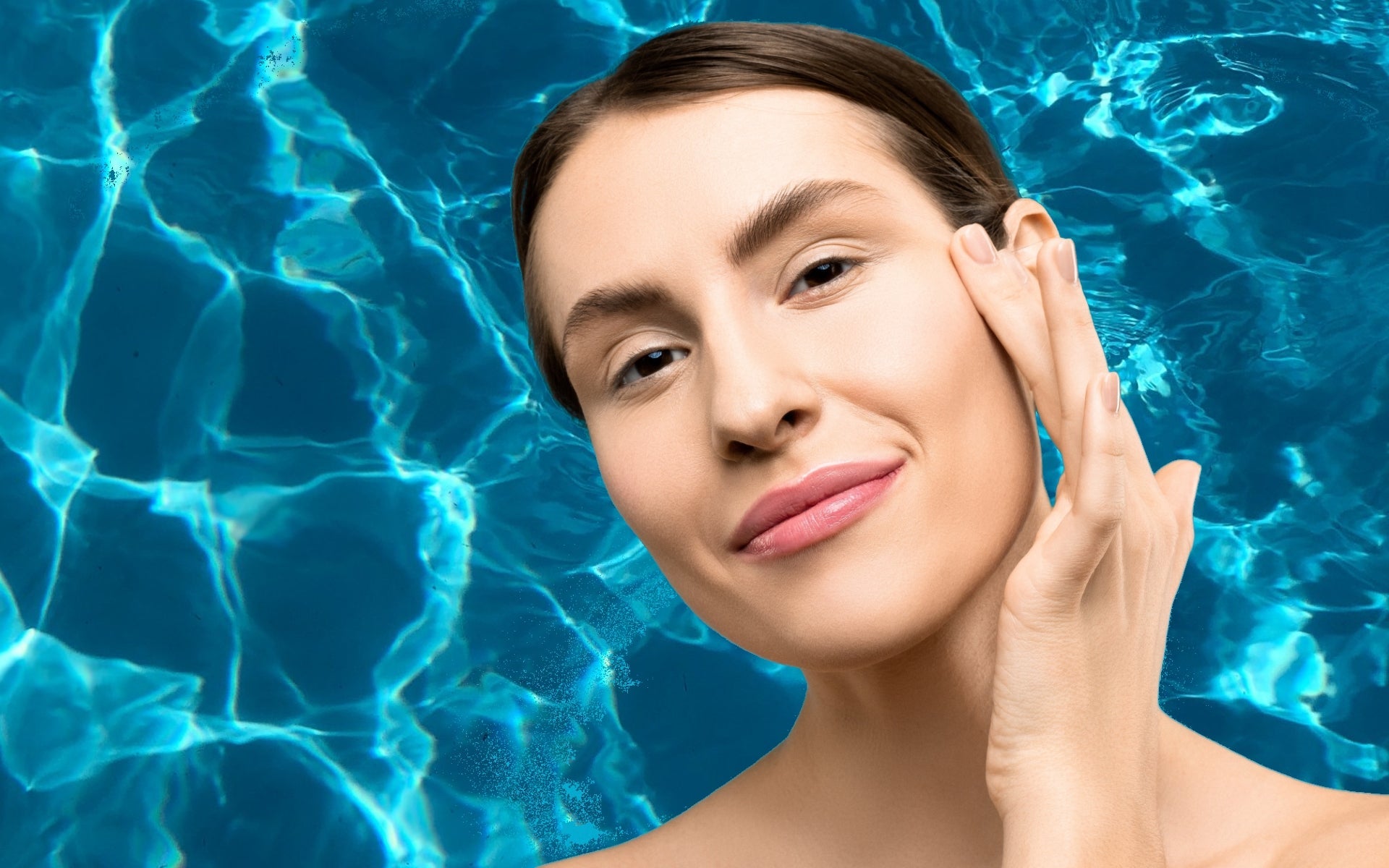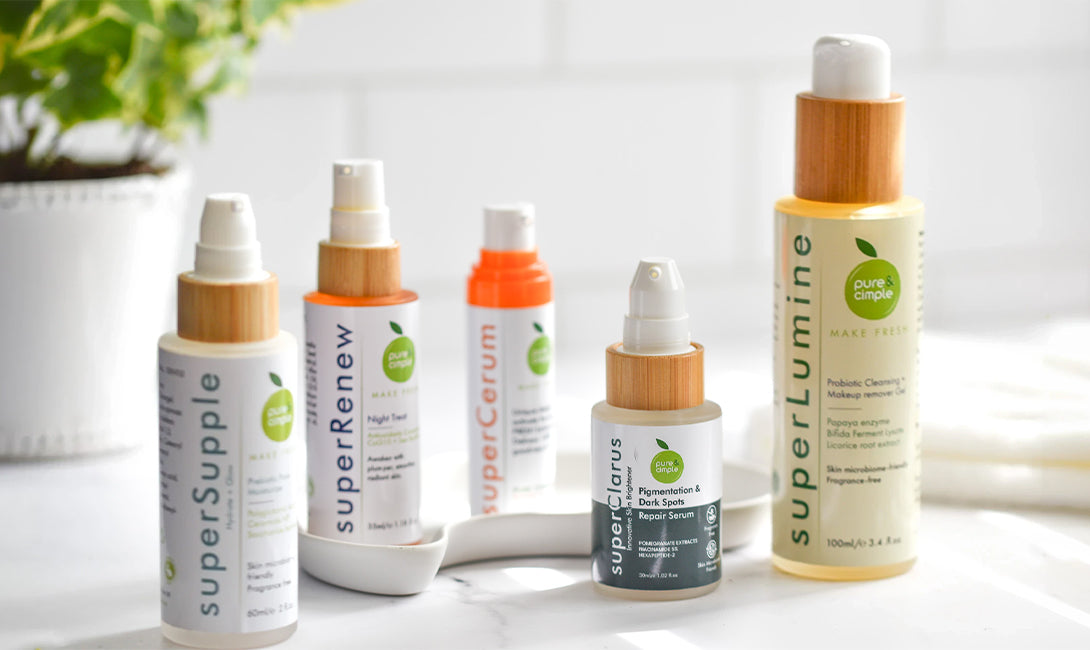Let me start it right by saying that dehydration is the key reason behind most of the skin issues we face. Your skin feels tight so you assume it’s dry, if you get breakouts, you assume it’s hormones or reaction to something. However, research has shown that most of the skin conditions are symptoms of a dehydrated skin. Sensitive skin begin to inflame if it is dehydrated.
Why dehydration is a big concern?
Everything from sun, pollution, central heating/cooling, fireplaces, and wood stoves sap out moisture from your skin. When skin loses more water than it receives, skin gets dehydrated leading to plethora of skin conditions like itchy and dull skin, increased sensitivity, wrinkles and a lot more.

If you are thinking I drink eight glasses of water everyday and it’s enough to take care of my complexion. That certainly helps but doesn’t make the cut for your skin. Whatever is your water intake, only a small portion reaches your skin. Our skin being porous, loses that water quickly.
That means when it comes to skin, not only you should boost your skin cells with water but also minimize the water loss through your skin.
And that’s where, Polyglutamic acid comes as a saviour, and a very efficient one.
What’s Polyglutamic acid?

First of all, do not let the word ‘acid’ scare you by thinking it’s a harsh chemical. Extremely gentle ingredient, polyglutamic acid originally found its use in wound healing.
Polyglutamic acid is a byproduct of when you ferment soybeans. When lots of glutamic acid molecules (an amino acid) are linked together, this water-soluble peptide is produced by several types of Bacillus bacteria through fermentation.
Amino acids are the building blocks of proteins and play very important role in skin’s structure.
When used in skincare, polyglutamic acid gives incomparable strength to skin’s barrier. Check out what industry is talking about Polyglutamic acid
And now, the main thing
What does Polyglutamic acid do for the skin?

Outstanding humectant :
You may already be familiar with popular humectants—such as glycerin and hyaluronic acid. PGA joins the ranking as one of the most effective humectant with the ability to hold 4000-5000 times water of its molecular weight. A study in 2014 found that polyglutamic acid had a stronger moisturizing effect than collagen and hyaluronic acid.
‘Because of the cross-linking of the peptides in its structure, polyglutamic acid is capable of enhanced absorption of moisture and also increases the production skin’s own NMF (natural moisturizing factor)’ : source
Sound Skin Barrier :
Polyglutamic acid reinforces the skin's support structure to energize cells, stimulate lipid production and renewal of the epidermis. Because of its ability to form a smooth, elastic, self-moisturizing and soft film on the skin, this is the amazing barrier your skin needs.
Stabilize hyaluronic acid :
Why polyglutamic acid made the cut to our selection of minimalist ingredients?
With all the research-backed skin benefits, Polyglutamic acid is produced through fermentation of renewable biomass, and is 100% non-toxic, natural and environmentally friendly and biodegradable.
How to pick the right PGA product for you?
READ READ READ the label before making a purchase. Check to make sure the product has been scientifically tested and has minimal preservatives. Look at the other ingredients listed to make sure they too agree with your skin.
Sourced from Nature, superSupple is a gentle unique blend of Polyglutamic acid, Saccharide Isomerate, omega-rich fatty acids and healing plant oils.
Available to shop on







